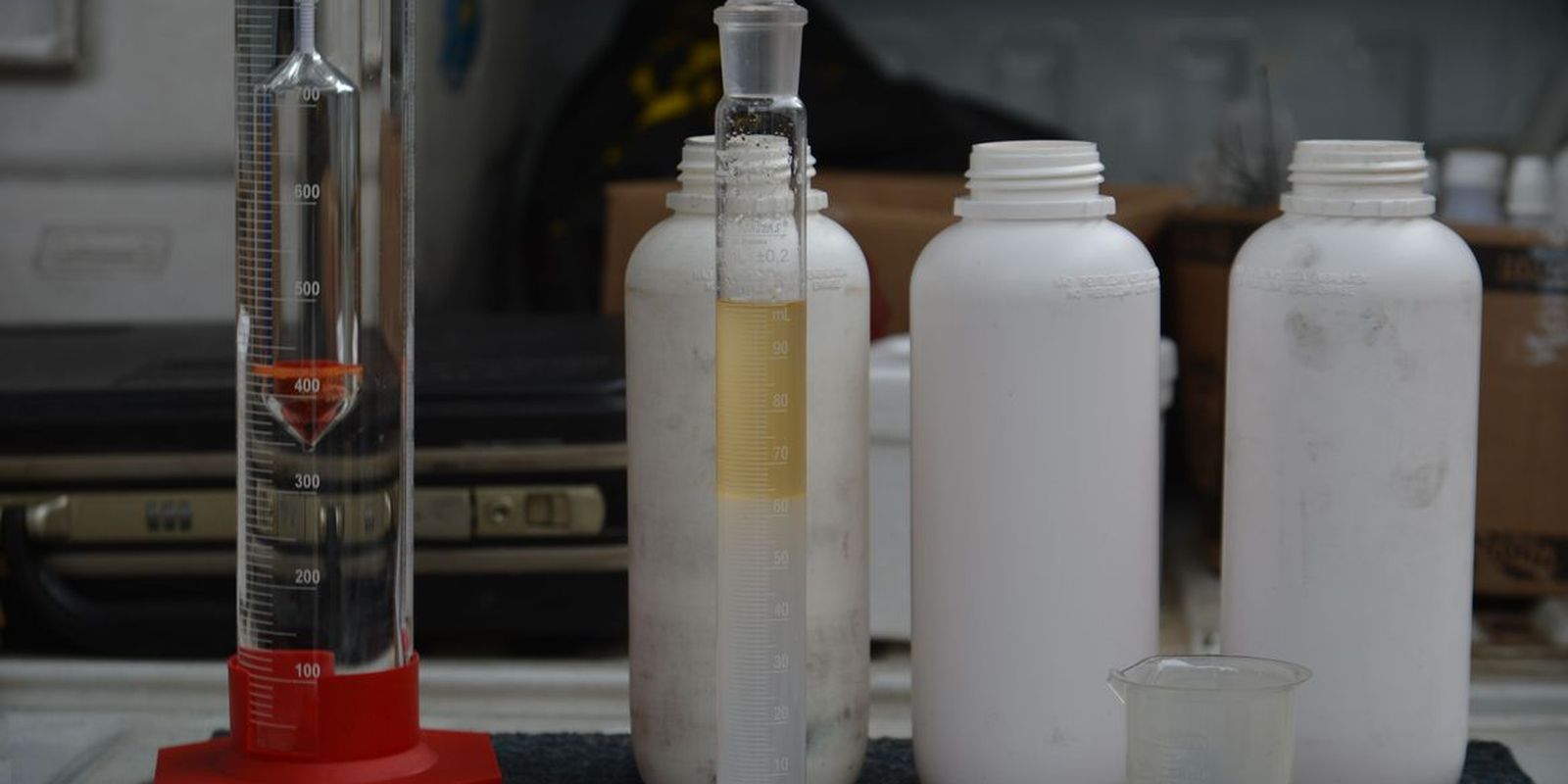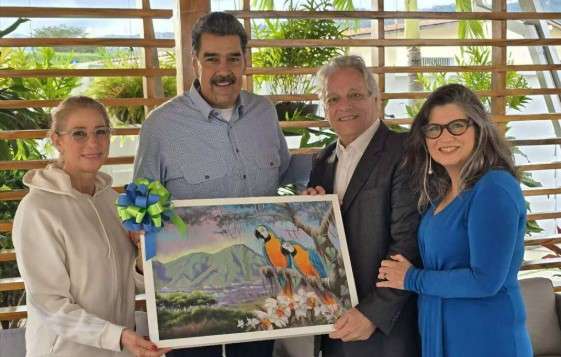This Monday (13th) marks exactly 20 years of the legal framework for biodiesel in Brazil. THE Law 11,097/2005sanctioned in President Luiz Inácio Lula da Silva’s first term, officially introduced renewable fuel to the country’s energy matrix, as an alternative to the use of fossil diesel – more polluting and coming from limited oil reserves.
The standard also created the National Agency for Petroleum, Natural Gas and Biofuels with the task of regulating the production and commercialization of biofuels in the country, putting into practice the National Program for the Production and Use of Biodiesel (PNPB).
The law was the first to establish the legal framework for biodiesel and established a mandatory mixture of 5% of the renewable fuel in the diesel oil sold in the country, creating the mixture called diesel B. A transitional period of up to eight years provided for a mixture with only 2% biodiesel, initially voluntary and which would become mandatory in three years.
In 2009, the mandatory 5% mixture was established by a resolution of the National Energy Policy Council and, since then, there has been a gradual evolution that has led to the B14 biodieselwith a 14% increase in biodiesel in diesel B, from March 2024.
For the Minister of Mines and Energy, Alexandre Silveira, the main advance in the twenty-year period was the expansion of production and use of biofuel, with the consequent boosting of sustainable development in environmental, social and economic aspects. “In these two decades, we produced 77 billion liters of biodiesel, saving 38 billion dollars in diesel imports”, he says.
Furthermore, the trajectory avoided the emission of 240 million tons of carbon dioxide, generating jobs and opportunities for family farmers, making biodiesel “a great ally in the country’s fair and inclusive energy transition”, highlighted Silveira.
In 2023, national biodiesel production was more than 7.5 billion liters, which represented an expansion of 19%. compared to the previous year, according to the Brazilian Statistical Yearbook of Petroleum, Natural Gas and Biofuels 2024, released by the National Agency of Petroleum, Natural Gas and Biofuels (ANP).
In the same year, demand for road diesel fuel grew by 1.7 billion liters. Of this total, 1 billion liters was supplied by the production of biodiesel used in the mandatory 12% mixture at the time, according to the Energy Efficiency Atlas 2024, produced by the Energy Research Company (EPE).
Although this growth is not yet able to keep up with the accelerated increase in demand for energy for transportation, the advance of biodiesel gains strength when added to the results of other policies such as ethanol, the National Biofuels Policy (RenovaBio), created in 2017 , and the recently approved Future Fuel Law (14,993/24). In this scenario, the production of biofuels in the country also included, in 2023, the production of 35.4 billion liters of ethanol and 74.9 million m³ of biomethane, according to the agency.
The new law also created instruments to encourage the production and use of new biofuels, such as Sustainable Aviation Fuel (SAF) and green diesel, produced from organic waste.
Diversification
The diversification of low-carbon energy sources also reveals a strategy to face the challenge of dependence on soy as a raw material for biodiesel production. According to EPE, soybean oil represented 69.15% of the raw material used in biodiesel production in 2023.
“This dependence places society in a vulnerable position to price fluctuations. Therefore, our objective is to strengthen strategies for diversifying raw material sources for bioenergy, expanding the use of low-carbon alternatives, such as used cooking oils and animal fats”, highlights Alexandre Silveira.
In December 2024, the National Energy Policy Council approved a resolution to encourage the use of waste oils and fats in the production of biodiesel and other fuels. By June this year, the MME must publish a joint ordinance with the Ministry of the Environment to establish a minimum percentage of use of this material in the production of biofuels.
According to the Minister of Mines and Energy, the reflection of public policies demonstrates the Brazilian government’s commitment to the expansion of biofuels in the Brazilian energy matrix and “due to these advances, in 2024 we reached the historic mark of 9 billion liters produced. A number that demonstrates the importance of biodiesel for Brazil”, he says.
Development
For the minister, these results also represent economic development, job creation and social transformation, fostered by policy created with the Social Biofuel Sealwhich in 2024 underwent a review of the standards created in 2004.
With the changes, in addition to the tax and commercial benefits granted to biodiesel producers who use raw materials from family farming, lines of support for research projects, structuring production chains and strengthening family farming organizations were created.
“The public policies adopted in Brazil for sustainable mobility in transport contribute to the development of technological solutions aligned with the recognition that biofuels play a crucial strategic role in one of the biggest challenges of the 21st century, which is the energy transition. This challenge not only involves reducing greenhouse gas emissions, but also promoting a more resilient and sustainable economy”, he concludes.















